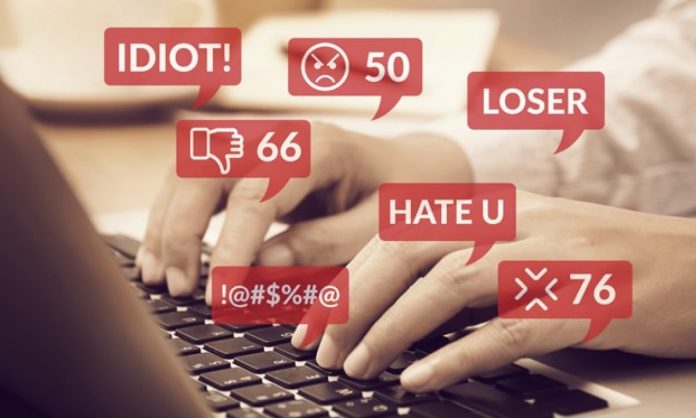UN High Commissioner for Human Rights Volker Türk has argued that regulating harmful online content is not censorship.
He emphasised that hate speech and divisive social media posts have “real-world consequences.”
He also stated that there is a responsibility to regulate such content to protect individuals and society from the harm it can cause.
Türk made this statement on Friday following Meta CEO Mark Zuckerberg’s decision to end the company’s fact-checking programme in the United States.
“Allowing hate speech and harmful content online has real-world consequences. Regulating this content is not censorship,” Türk wrote on X (formerly Twitter).
In a longer post on LinkedIn, Türk argued that calling efforts to create safe online spaces “censorship” ignores the reality that an unregulated space often silences marginalised voices.
He also noted that allowing hatred online restricts free expression and could lead to harm.
Zuckerberg announced the cessation of Meta’s fact-checking programme last Tuesday, citing concerns over political bias and claiming that self-regulation led to excessive censorship.
He called for freer speech on Meta platforms and criticised the erosion of user trust.
The International Fact-Checking Network (IFCN) rejected Zuckerberg’s argument, calling it “false” and warning that it could have harmful consequences.
Türk highlighted that social media platforms possessed the potential to positively shape society by fostering connections.
“However, they also have the ability to incite conflict, spread hatred, and endanger individuals’ safety.
“At its best, social media is a place where people with divergent views can exchange, if not always agree,” he said.
The UN Human Rights Chief reiterated his commitment to promoting accountability and governance in the digital space, ensuring public discourse remained healthy, trustworthy, and respectful of human rights.
When asked about Meta’s recent decisions and their impact on the UN’s social media policy, a UN spokesperson in Geneva, Michele Zaccheo, emphasised that the global organisation continued to monitor and evaluate the online space.
He added that the UN remained dedicated to providing evidence-based information across social media platforms.
Similarly, the World Health Organisation (WHO) reaffirmed its commitment to providing quality, science-based health information and maintaining a presence on various online platforms.
In response to the growing threat of digital misinformation, the UN Department of Global Communications (DCG) has been actively working to combat false narratives, including through the development of the UN Global Principles for Information Integrity.(NAN)


